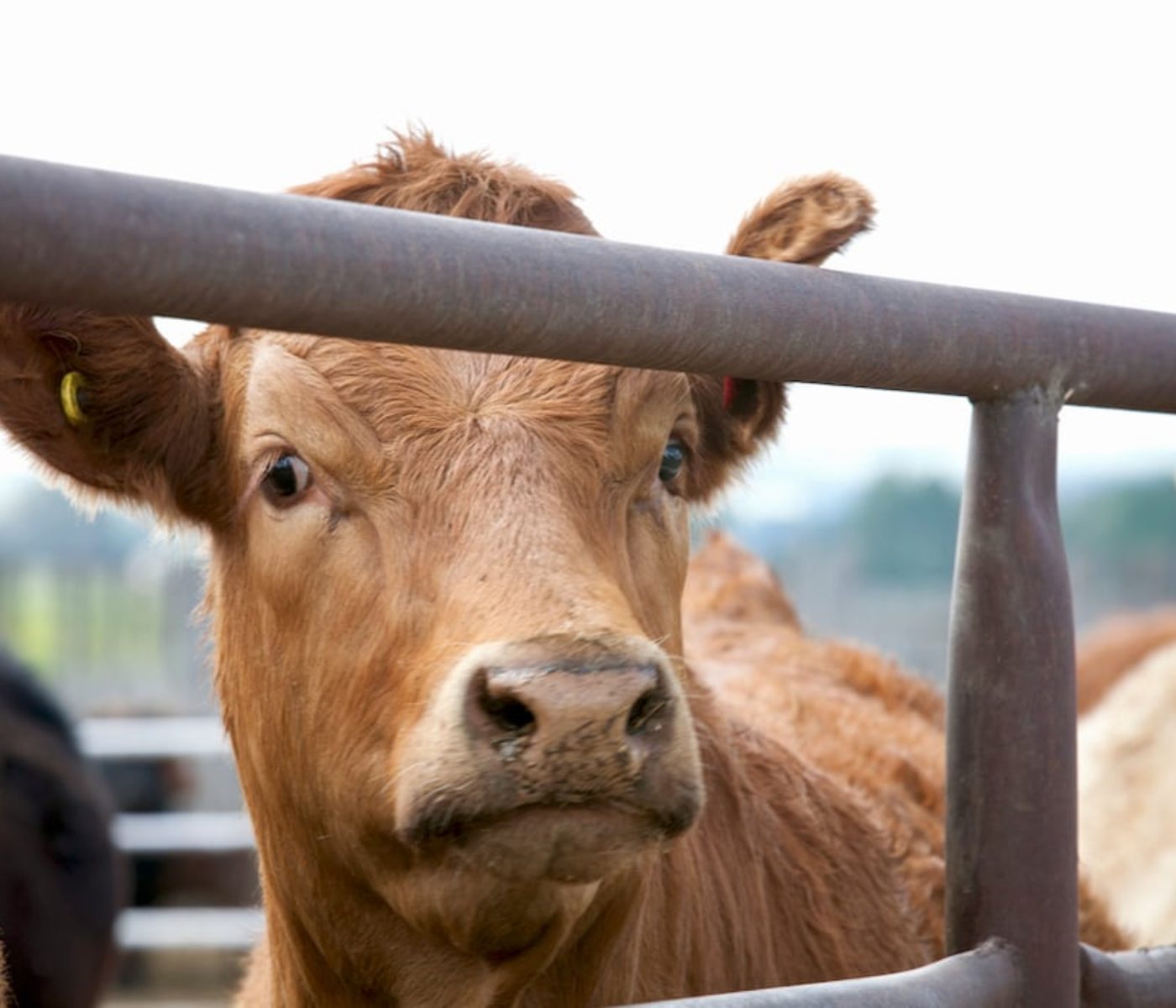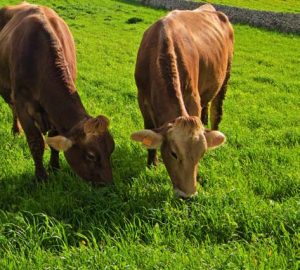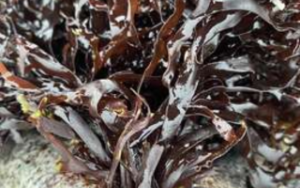 22 Mar 2024
22 Mar 2024
Assessing Mazzaella japonica as a Solution for Methane Reduction in Beef Cattle
 Addressing global greenhouse gas concerns requires mitigating enteric methane (CH4) emissions from ruminant livestock. While bromoform-containing seaweeds like Asparagopsis spp. show promise as effective CH4 inhibitors, alternatives are sought due to regulatory challenges and production constraints.
Addressing global greenhouse gas concerns requires mitigating enteric methane (CH4) emissions from ruminant livestock. While bromoform-containing seaweeds like Asparagopsis spp. show promise as effective CH4 inhibitors, alternatives are sought due to regulatory challenges and production constraints.
Study Objective and Methodology
A study conducted at the Beef Cattle Metabolism Facility of Agriculture and Agri-Food Canada, Lethbridge Research and Development Centre (Lethbridge, AB), aimed to investigate the effects of incorporating Mazzaella japonica, a red seaweed, in beef cattle diets. Six mature heifers were subjected to a double 3 × 3 Latin square design over 35-day periods. Dietary treatments included 0% (control), 1%, and 2% M. japonica inclusion on a dry matter basis.
Results
An increase in dry matter intake (DMI) was observed with M. japonica inclusion, with heifers consuming 1% exhibiting significantly higher intake compared to controls. However, apparent  total-tract digestibility of dry matter decreased linearly with M. japonica inclusion, attributed to its relatively high inorganic fraction. While nitrogen intake and fecal nitrogen excretion increased with M. japonica supplementation, nitrogen utilization and retention did not improve. Rumen fermentation parameters remained unaffected, but a decrease in methane production was observed, although CH4 yield per unit of DMI did not differ significantly among treatments.
total-tract digestibility of dry matter decreased linearly with M. japonica inclusion, attributed to its relatively high inorganic fraction. While nitrogen intake and fecal nitrogen excretion increased with M. japonica supplementation, nitrogen utilization and retention did not improve. Rumen fermentation parameters remained unaffected, but a decrease in methane production was observed, although CH4 yield per unit of DMI did not differ significantly among treatments.
Discussion
Supplementing forage-based diets with M. japonica failed to mitigate enteric CH4 yield in beef cattle, despite a slight decrease in daily CH4 production at higher inclusion rates. This highlights the importance of further research into alternative seaweeds for methane mitigation and emphasizes the complex interactions between dietary components and methane production in ruminants.
Conclusions
While M. japonica can contribute to meeting cattle’s protein requirements, its high inorganic fraction, particularly elevated sulfur content, may limit inclusion rates. Thus, at levels up to 2% of the diet, M. japonica cannot be recommended as a CH4 inhibitor for beef cattle fed high-forage diets.
Subscribe now to the technical magazine of animal nutrition
AUTHORS

Nutritional Interventions to Improve Fertility in Male Broiler Breeders
Edgar Oviedo
The Use of Organic Acids in Poultry: A Natural Path to Health and Productivity
M. Naeem
Synergistic Benefits of Prebiotics and Probiotics in Poultry, Swine, and Cattle
Gustavo Adolfo Quintana-Ospina
Hybrid Rye Potential in Laying Hen Feed Rations
Gwendolyn Jones
A day in the life of phosphorus in pigs: Part I
Rafael Duran Giménez-Rico
Use of enzymes in diets for ruminants
Braulio de la Calle Campos
Minerals and Hoof Health in the Pregnant Sow
Juan Gabriel Espino
Impact of Oxidized Fats on Swine Reproduction and Offspring
Maria Alejandra Perez Alvarado